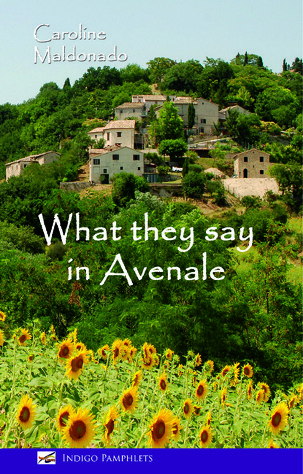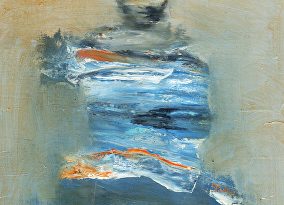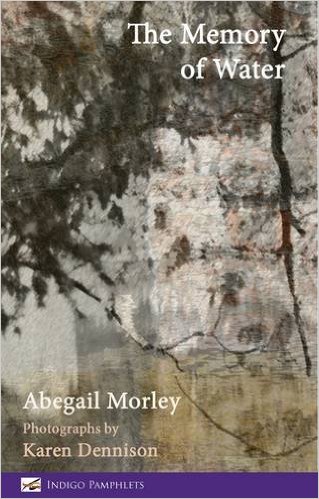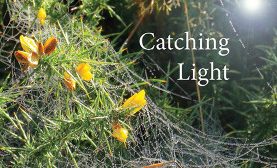What They Say in Avenale by Caroline Maldonado
– Reviewed by Allen Prowle –
What They Say in Avenale creates a remarkably holistic vision of a place in just twenty-four poems. The people of Avenale, in the Italian region of Le Marche are not seen in a landscape but as part of its woof and warp, threads of its fabric, no more and no less than the birds, the capriciously fruiting fig trees, the wild boar which they hunt and which flatten their crops, the wolves they say have vanished from the forests but which still leave slaughtered sheep to be piled up by the shepherds. Guinda, in a drought-blighted spring, feeds the motherless lambs as if they were her own children; in a harsh winter the men gently tap snow off the olive tree as if repeating one of love’s rituals.
Poetry is a way of seeing things. Here, angles and distances change imperceptibly, from poem to poem and within poems. Maldonado’s description of a bee-eater with its ‘emerald chest’, its ‘nut-red mantle, yellow throat’, has the striking clarity and precision of a photograph. And then, when it seems that the bird has had enough of being so closely viewed, flying onto a telephone wire, it becomes most alive, a harlequin ‘posed / as if waiting at a hotel bar.’ The tail of a redstart will be hard to forget once you have seen it as ‘the flare of a buttonhole rose’. The natural world, like the human, has extremes of gentleness and violence: a pair of redstarts, having slipped from the roof onto the doormat, ‘resemble a couple / on a Sunday morning lying in’, while that harlequin-suited bee-eater, ‘with perfect manners’, before swallowing the bee, ‘batters her to a pulp’.
People are as vulnerable and as subject to elemental forces as any other living thing: the hot sirocco fells trees and cannot be shut out of the house, a detritus of leaves and dust upon the floor being blown ‘like small boats across the sea’. This image reappears in another poem, where a Imuhagh street musician remembers the fifty foot boat which brought him from his arid land, one of some two hundred desperate migrants, twenty-five of whom did not survive the journey.
Avenale endures, despite loss and hardship, never renouncing its stewardship of a sometimes ungenerous land. In one of the finest poems in this beautifully achieved collection, ‘On the eve of Ferragosto’, the Avenalese celebrate the Assumption as they have done since time immemorial. A young boy, whose mother has recently died, watches his father dance on the stage set up outside the church. Holding a toy bubble blower, he waits for the wind to carry the bubbles from the tube into which ‘he blew his heart’. The poet imagines how the bubbles will reflect in their ascent the dancers, the stage, the church, indeed the whole village. An extraordinary and exhilarating way of seeing.





